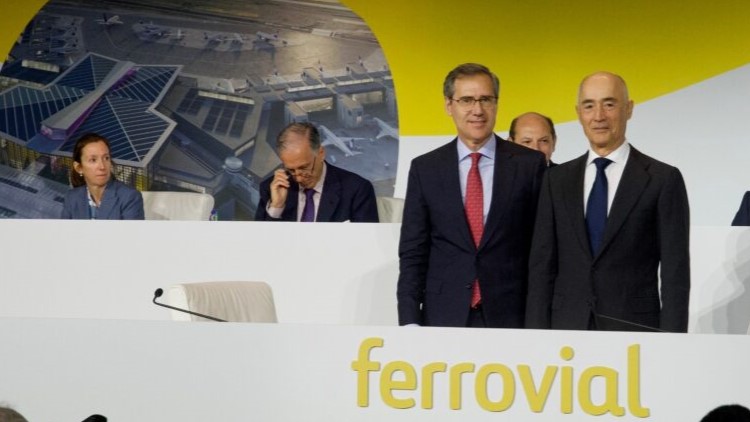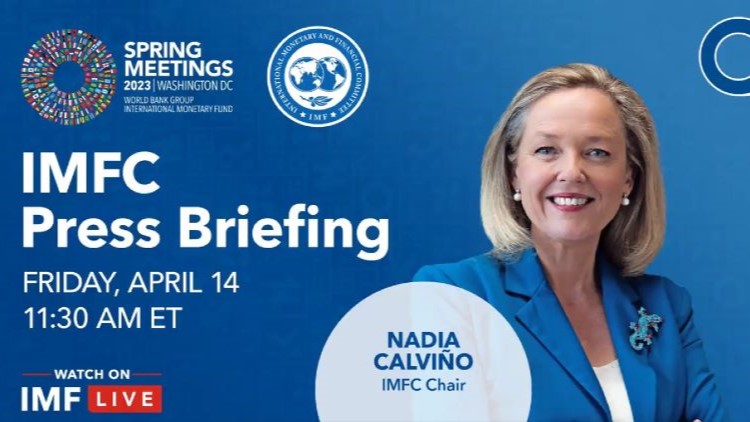The Diplomat
The chairman of the construction company Ferrovial, Rafael del Pino, yesterday obtained the support of the group’s shareholders for the transfer of its headquarters from Spain to the Netherlands despite pressure from the government to prevent the operation, which will allow it to be absorbed by its Dutch subsidiary and move towards its goal of being listed on the New York Stock Exchange.
Del Pino, the group’s largest shareholder with 20.4%, has achieved the number of votes needed to approve the transaction, which will be carried out in the third quarter of this year at the latest. Ferrovial will therefore be absorbed by its Dutch subsidiary FISE, the head of the group’s international business from 2019, which will become the parent company. This change will allow Ferrovial to apply for listing on Euronext Amsterdam, while the company will continue to be listed in Madrid. Once it is confirmed that FISE’s shares will be eligible for listing on the Amsterdam and Spanish stock exchanges, Ferrovial will begin negotiating the admission of its Dutch shares to the New York Stock Exchange. FISE has more than 90% of its value outside Spain, 75% of which is in assets in the United States.
However, it remains to be seen what the shareholders who voted against the transfer will do, namely whether they will avail themselves of the so-called separation right (the right to sell their shares). In the event that the separation rights that these shareholders wish to exercise exceed EUR 500 million (almost 2.6% of the capital), the transaction could lapse. Shareholders who have explicitly rejected the merger may exercise this right until May 12.
In order to carry out the operation, Ferrovial’s directors and shareholders were forced to ignore pressure from the Government, which has denied the existence of barriers to listing in the USA from the Madrid Stock Exchange and fears that the decision of one of the largest companies in the Ibex 35 to leave Spain could have a contagion effect on other large companies. For this reason, the Executive has been raising the tone to try to prevent the operation, including messages to shareholders hours before yesterday’s vote.
In this regard, Del Pino assured the shareholders’ meeting yesterday that “Ferrovial is not leaving Spain”. “It will maintain the activity, the employment, the projects, the investment plan, the tax contribution and the listing on the Spanish stock exchanges,” he continued. “Spain has always been our country and we are not giving it up,” he added.
According to Del Pino, the operation is part of the freedom of establishment, “which nourishes the very essence of the European Union”, and the move to Amsterdam responds “to Ferrovial’s natural development” and to its investment project abroad and is not carried out for tax reasons, since “Ferrovial will continue to contribute fiscally in Spain as it has done since its foundation” and, in fact, “the taxes that Ferrovial will pay after the operation will be very similar to those it is paying before carrying it out”. For this reason, he expressed his confidence that “the sovereignty of the shareholders’ meeting will be respected, given the confidence we have in Spanish and European legal certainty”.
During the board meeting, the secretary general of the World Federation of Investors, the Belgian Jean-Pierre Paelinck, accused the government of “violating the property rights” of Ferrovial’s shareholders with its “interference” in this operation, and the president of the Slovenian association Vzmd, Kristjan Verbic, which represents five million minority shareholders, warned that the decisions of private and listed companies correspond to the shareholders and not to politicians or governments.
Bolaños: Decision “strange and against the current”
For his part, the Minister of the Presidency, Félix Bolaños, yesterday described Ferrovial’s decision to move its headquarters to the Netherlands as “strange” and “against the current” because, he said, Spain is the EU country that “has the best economic prospects and is at record levels of foreign investment”. In any case, he showed his “respect” for the shareholders’ decision and did not want to clarify what the Government’s next steps will be in this matter.
Likewise, the leader of the PP, Alberto Núñez Feijóo, described Ferrovial’s decision to leave Spain as “very bad news”, but accused the Government of “singling out several businessmen by name and surname” and promised, in the event of reaching the Moncloa, “to ensure that the shareholders of this company or of any other” have “reasons to stay in Spain”.







